
To date, the connection between vascular dysfunction and tau pathology and how it affects cognition has not been well understood.

To date, the connection between vascular dysfunction and tau pathology and how it affects cognition has not been well understood.
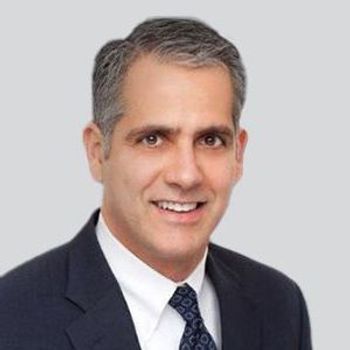
The recently approved oral solution, known as JZP-28 (Xywav), was associated with clinically meaningful improvements in Epworth Sleepiness Scale, Patient Global Impression of Change, and Idiopathic Hypersomnia Severity Scale scores.
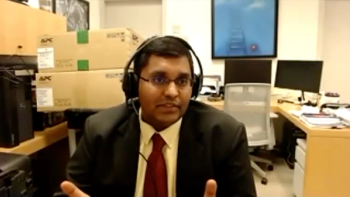
The Cleveland Clinic researcher details a study that will use biomarkers to develop a predictive model to identify individuals with Parkinson disease who may develop dementia.

Patients with neurologic disorders were more often older, male, white, hypertensive, diabetic, intubated, and had higher sequential organ failure assessment scores.
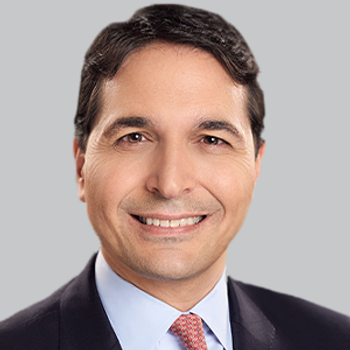
If approved, rimegepant will be the first and only anti-CGRP agent indicated for both the preventive and acute treatment of migraine.

The drug, marketed as Wakix, was previously approved for the treatment of excessive daytime sleepiness in adults with narcolepsy.
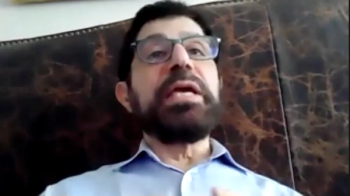
The senior vice president of clinical development, drug safety, and pharmacovigilance at FibroGen discussed why turning Duchenne muscular dystrophy into a chronic disease rather than a fatal one, is a top priority.

Italfarmaco is expected to report topline data from the phase 3 EPYDIS trial in June 2022.






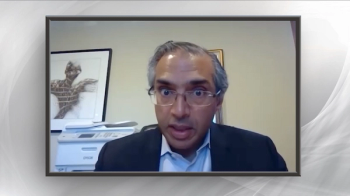

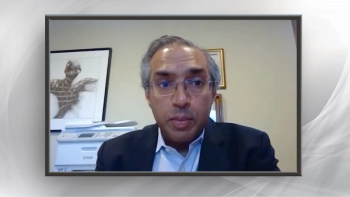
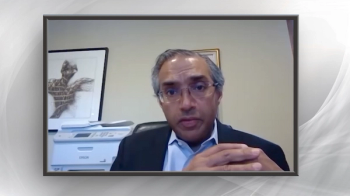
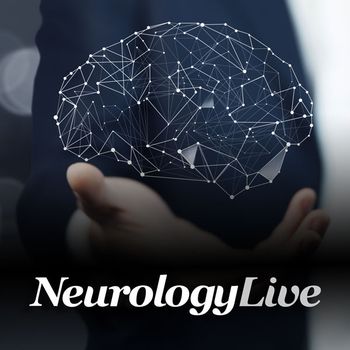
The device is the first FDA-approved trigeminal nerve stimulator for migraine treatment available without a prescription.
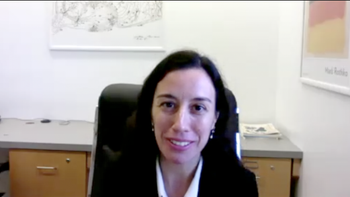
The assistant professor of neurology and neuroscience at Mount Sinai Medical Center discussed the literature that influenced a pilot trial of riluzole in Alzheimer disease.
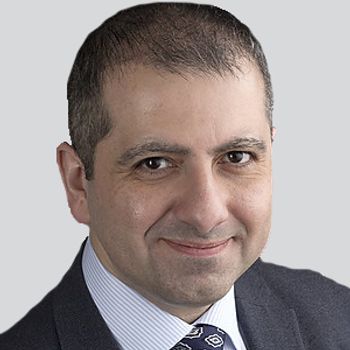
The largest real-world study of patient-reported outcomes in people with migraine demonstrated the positive benefits that the CGRP mAbs drug class has had on migraine.

Topiramate oral solution is Eton’s third neurology product candidate submitted to the FDA, this time seeking 3 indications.

Investigators noted changes in plasma vascular endothelial growth factor and S100 ß levels indicate a protection-based mechanism derived from the combined treatment.

Episode 2 of the AUPN Leadership Minute features Mud M Alvi, MD, of West Virginia University and Robert C. Byrd Health; and David Lee Gordon, MD, of University of Oklahoma Health Sciences Center. [WATCH TIME: 4 minutes]

Sucheta M. Joshi, MD, MS, FAES, FAAP, and Nicholas Beimer, MD, discussed the reasons why EpiTRAQ may influence earlier discussions with patients prior to the epilepsy transition process.
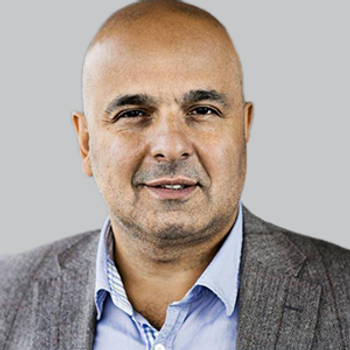
Patients on lasmiditan had 3.8–7.2 times greater odds of achieving pain freedom at 2 hours compared to placebo in at least 2 out of 3 migraine attacks.
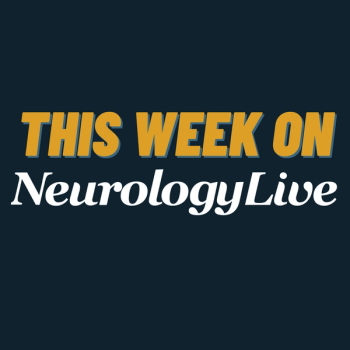
Here's what is coming soon to NeurologyLive.

The director of the Mid-Atlantic Epilepsy and Sleep Center in Bethesda, Maryland, discussed whether certain epilepsy populations were affected greater by the COVID-19 pandemic.

The multinational data revealed a risk of stroke of 0.5%, with the need for mechanical ventilation and the presence of ischemic heart disease being the most predictive indicators of stroke.